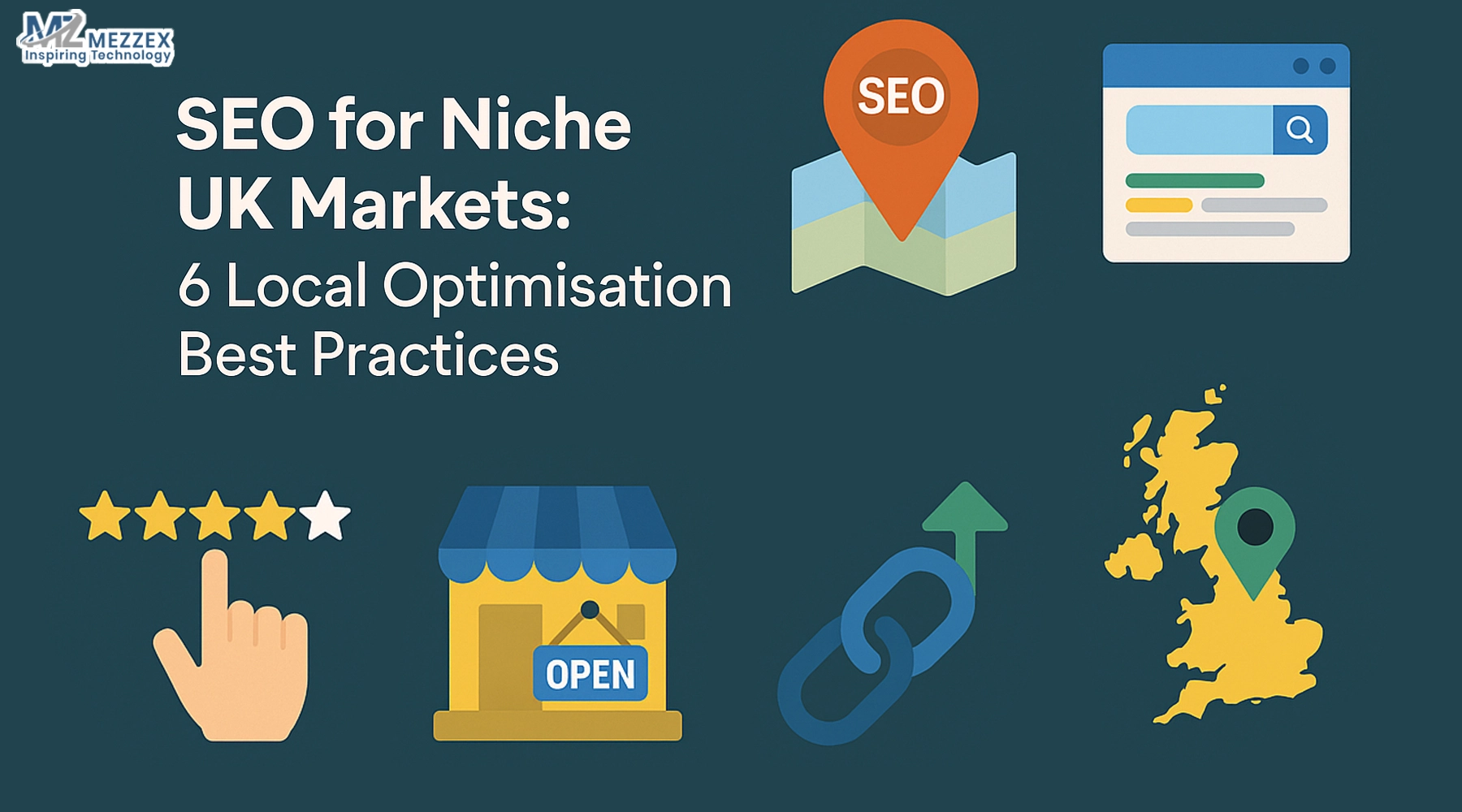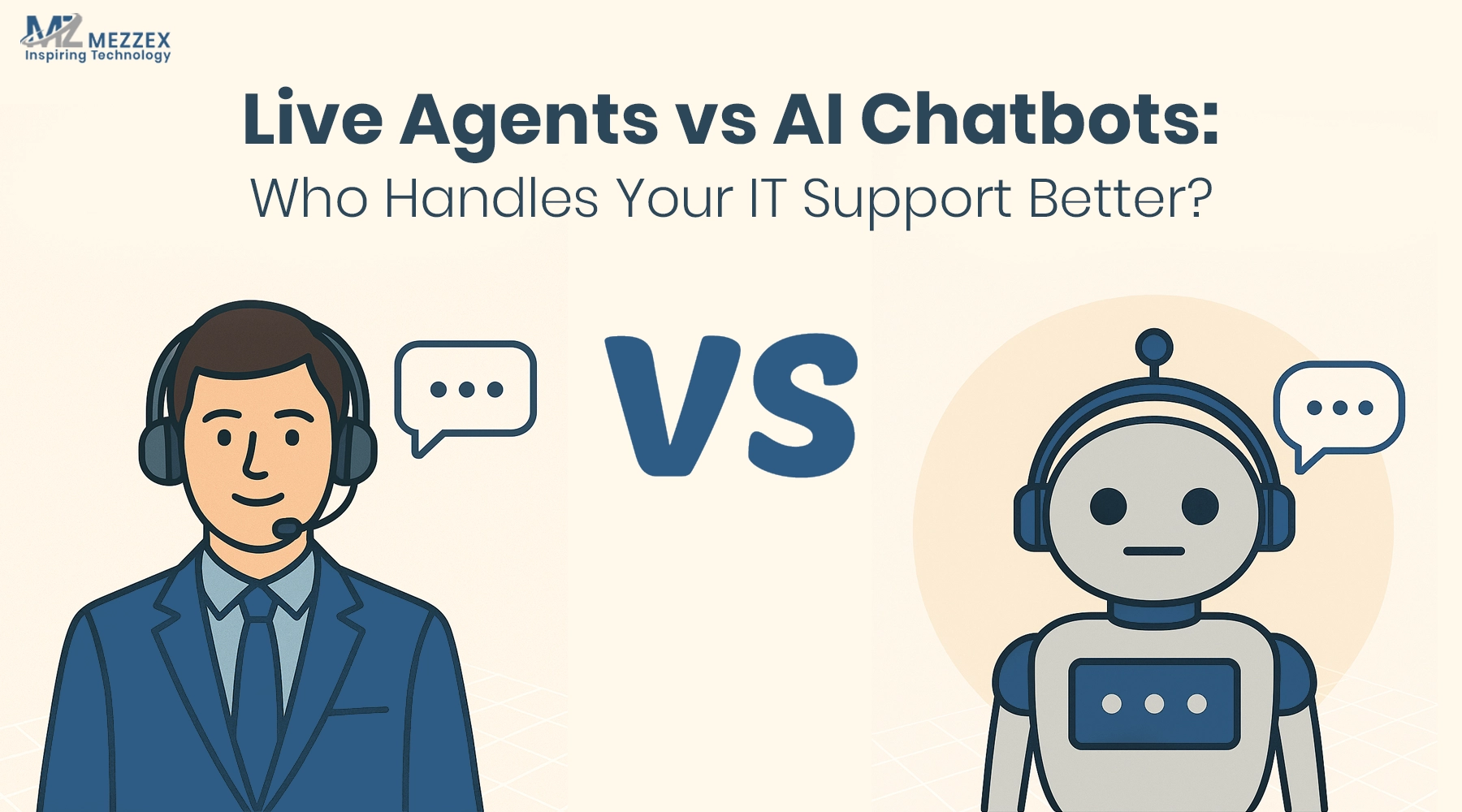
Digital-Marketing
SEO for Niche UK Markets: 6 Local Optimisation Best Practices (Powered by AI)
Reaching UK customers in niche markets isn’t about chasing high-volume keywords, it’s about strategic visibility. From regional accountants and ethical butchers to local florists and Pilates studios, niche brands must compete in crowded local SERPs while aligning with AI-enhanced search algorithms like Google SGE. In this blog, we’ll unpack six AI-powered, hyperlocal SEO strategies that give UK-based niche businesses a sharper edge—without overlap, fluff, or jargon.
1. Build Niche Keyword Relevance with AI-Based Discovery
Small markets need long-tail clarity. Terms like “sustainable florist near Camden Market” or “Devon bookkeeping for sole traders” are more actionable than broad terms like “accountant” or “flower shop.”
Use AI tools like ChatGPT, Surfer AI, and Semrush’s Keyword Magic Tool to generate highly specific phrase variations that align with UK search intent.
Prioritise Google Autocomplete, People Also Ask, and related searches for inspiration—but avoid stuffing. Natural phrasing always wins.
Cluster topics based on searcher needs. For example, a vegan cake shop in Manchester could build clusters like “eggless cupcakes near me,” “plant-based birthday cakes Manchester,” and “same-day vegan delivery UK.”
2. Optimise Your Google Business Profile for AI Visibility
GBP content is no longer just for Maps—it now feeds into Google’s AI-generated answers.
Complete every section: services, Q&A, categories, appointment links, and regular image updates. Include real-time offers if applicable.
Use locally structured content (e.g. “wedding makeup specialist in Harborne”) in descriptions and posts.
Encourage local clients to leave detailed reviews mentioning service type, location, and results. These reinforce semantic signals for AI tools scraping your GBP.
Post weekly updates or FAQs using customer language: “Do you offer last-minute wedding makeup trials in Birmingham?” This supports voice-led discovery.
3. Use AI to Plan Location-Focused Content Calendars
Many SMEs struggle to maintain regular blogs or page updates. AI can help automate idea generation without losing personal voice.
Platforms like Jasper or ChatGPT with UK location prompts (e.g. “blog ideas for Bristol-based financial planners in Q4”) can help create month-by-month editorial plans.
Plan content around seasonal and local moments: tax deadlines, local festivals, city marathons, school breaks.
Every page should answer a real customer query, such as “How much does a Will cost in Croydon?” or “Which self-storage options are VAT-exempt in the Midlands?”
4. Backlink Building with Local B2B Outreach
Traditional guest posting has limited return for SMEs. Instead, look inward: who already knows your business?
Partner with local vendors, suppliers, or complementary businesses for co-authored blog content or link exchanges.
Example: a dog groomer in Sheffield could write a guest post on a local vet’s blog titled “What Grooming Frequency Is Best for Different Dog Breeds?” with a backlink in the author bio.
Use tools like HARO or SourceBottle to land expert quotes in UK publications. These generate trusted backlinks over time.
AI can assist by writing pitch drafts, follow-ups, or bio descriptions that can be refined and reused across platforms.
5. Adapt On-Page SEO for Voice and Conversational Search
Voice queries tend to be longer, more specific, and hyperlocal. Examples: “who fixes cracked windows the same day in Oxford” or “what’s the best eyebrow tint near Shoreditch?”
Structure FAQs around questions customers ask out loud. Use headers like:
“What’s the cost of MOT in East London?”
“Can I get same-day locksmith help in Telford?”
Add schema markup for services, reviews, and FAQs using tools like Merkle’s Schema Generator or Rank Math Pro.
Use AI to draft variations of key questions that mirror voice input patterns. Avoid stuffing keywords—focus on helping users.
6. Monitor Local Performance with AI Reporting Tools
Set up custom dashboards using Looker Studio, Matomo, or Piwik PRO to track local search traffic, conversion zones, and query changes.
Integrate AI assistants like Otterly.ai or SiteGuru for automated crawl reports and performance alerts.
Identify drop-off points from SERP to site using tools like Hotjar, and tweak your CTAs or service descriptions accordingly.
For local service pages, monitor metrics like:
GMB click-to-call rates
Local keyword ranking volatility
Device-specific conversions (voice vs desktop)
These metrics provide clearer insights than total traffic alone—especially when operating within tight niche markets.
Talk To Us Today
If your SME operates in a niche market and you're struggling to gain local visibility, Mezzex can help you break through the noise. Our team specialises in AI-powered SEO strategies that align with your business goals, regional audience, and industry tone. We don't just optimise for keywords, we build digital ecosystems that turn searchers into leads. From location-focused content strategies and schema markups to performance dashboards and backlink plans, we help UK SMEs grow online with precision. Email us at info@mezzex.com or call 0121 326 0060 to get a free local SEO consultation today.
Powered by Froala Editor



